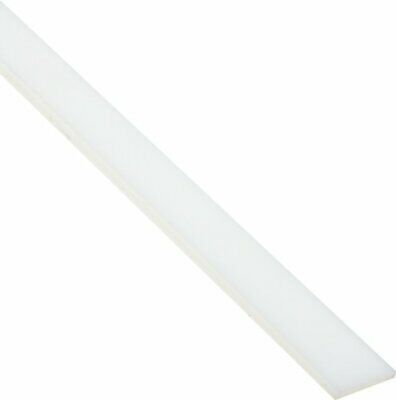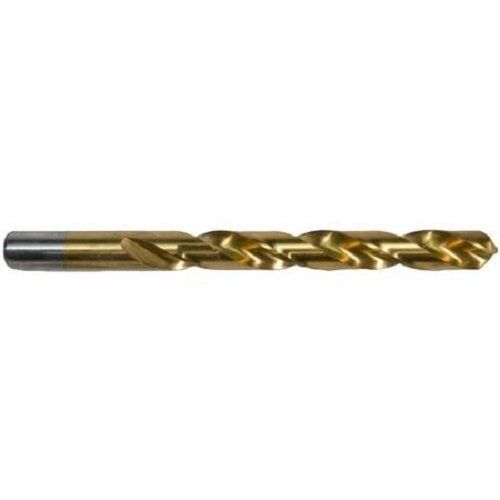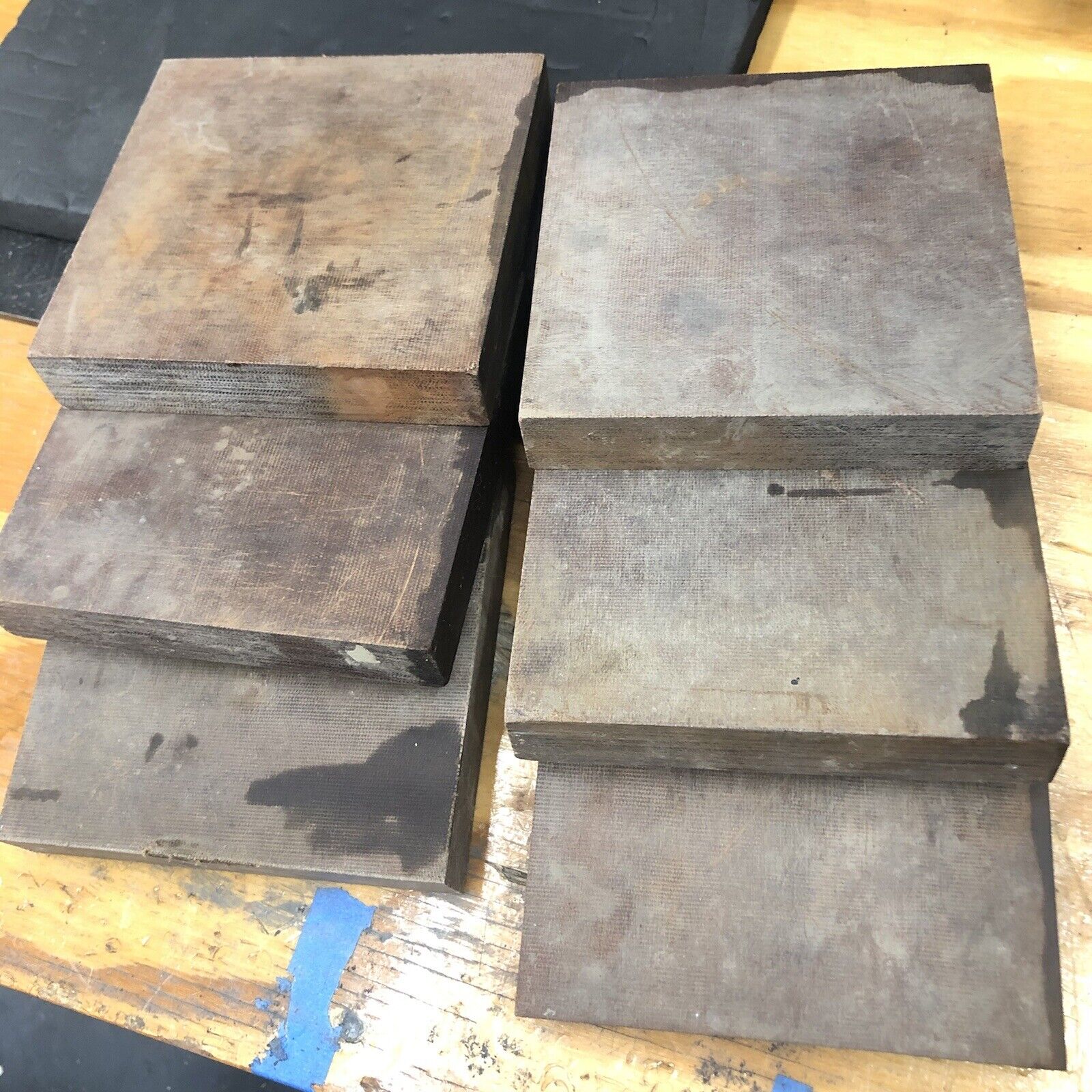-40%
Nylon 6/6 Rectangular Bar, Opaque Off-White, Standard Tolerance, 1/8" Thickness
$ 4.57
- Description
- Size Guide
Description
"Want theFASTEST
shipping on your order? You are in the perfect place!
1-5 days
of shipment on your favorite items!"
Nylon 6/6 Rectangular Bar, Opaque Off-White, Standard Tolerance, 1/8" Thickness
Nylon 6/6 offers excellent wear and abrasion resistance and has a low-friction surface
Nylon 6/6 provides greater strength than nylon 6/12 and absorbs moisture more slowly than nylon 6
Color is opaque off-white
Meets ASTM D5989 specifications
The opaque off-white nylon 6/6 rectangular bar has a standard tolerance and meets American Society for Testing and Materials ASTM D5989 specifications. Nylon 6/6, the most widely used nylon type, offers excellent wear and abrasion resistance and a low-friction surface, while providing greater strength than nylon 6/12 and absorbing moisture more slowly than nylon 6. This material has good chemical resistance and allows very little gas to pass through it, also known as gas permeability. Plastic refers to a group of synthetic or semi-synthetic materials that have been engineered to achieve specific properties. The most notable characteristics of plastics are its low weight, machinability, corrosion resistance, and typically good thermal and electrical insulating properties. Certain plastic grades also offer optical transparency similar to glass, low-friction or self-lubricating surfaces, and exceptional impact resistance. Depending on their properties, certain plastic grades can be used as alternatives to metal, glass, and ceramic. Unlike metal, plastic may experience creep, which is deformation caused by longtime exposure to a constant load. Tensile strength, used to indicate the material’s overall strength, is the peak stress it can withstand before it breaks. Corrosion resistance describes the material's ability to prevent deterioration caused by atmosphere, moisture, or other medium. Wear resistance indicates the ability to prevent surface damage caused by with other surfaces. Toughness describes the material's ability to absorb energy before breaking, while hardness (commonly measured as indentation hardness) describes its resistance to permanent surface deformation. Impact resistance is the measure of a material’s ability to absorb a shock of energy before breaking.








